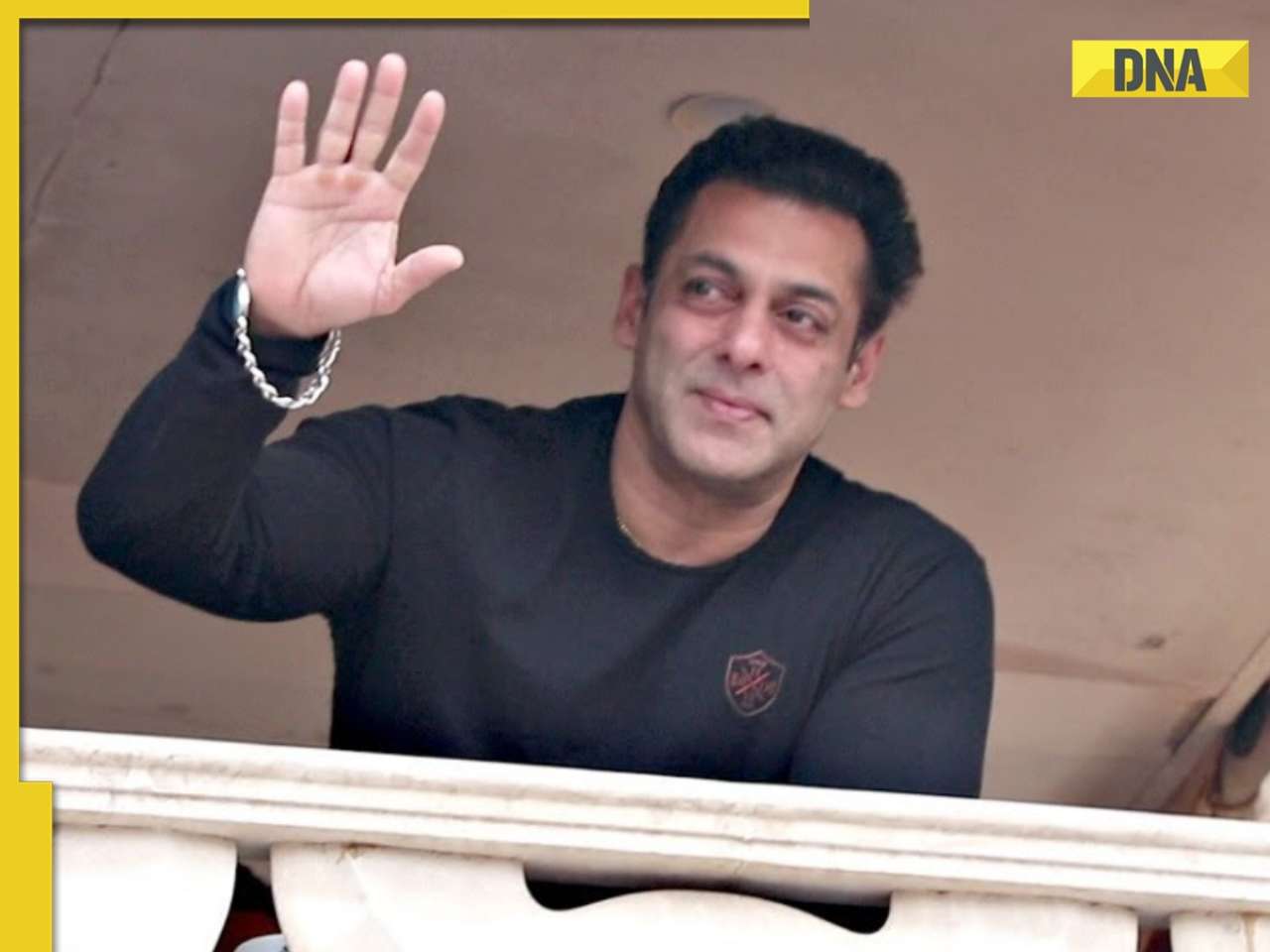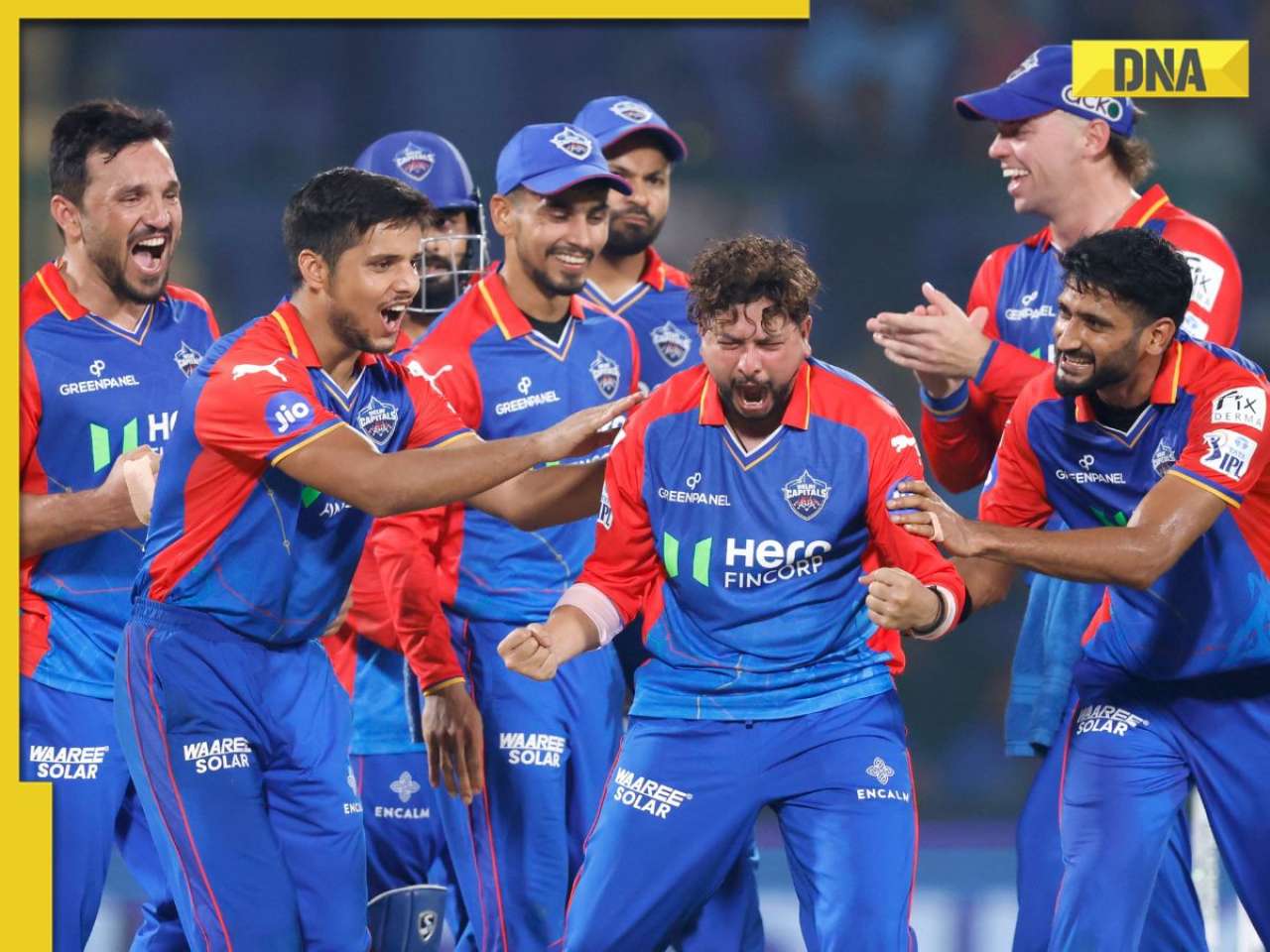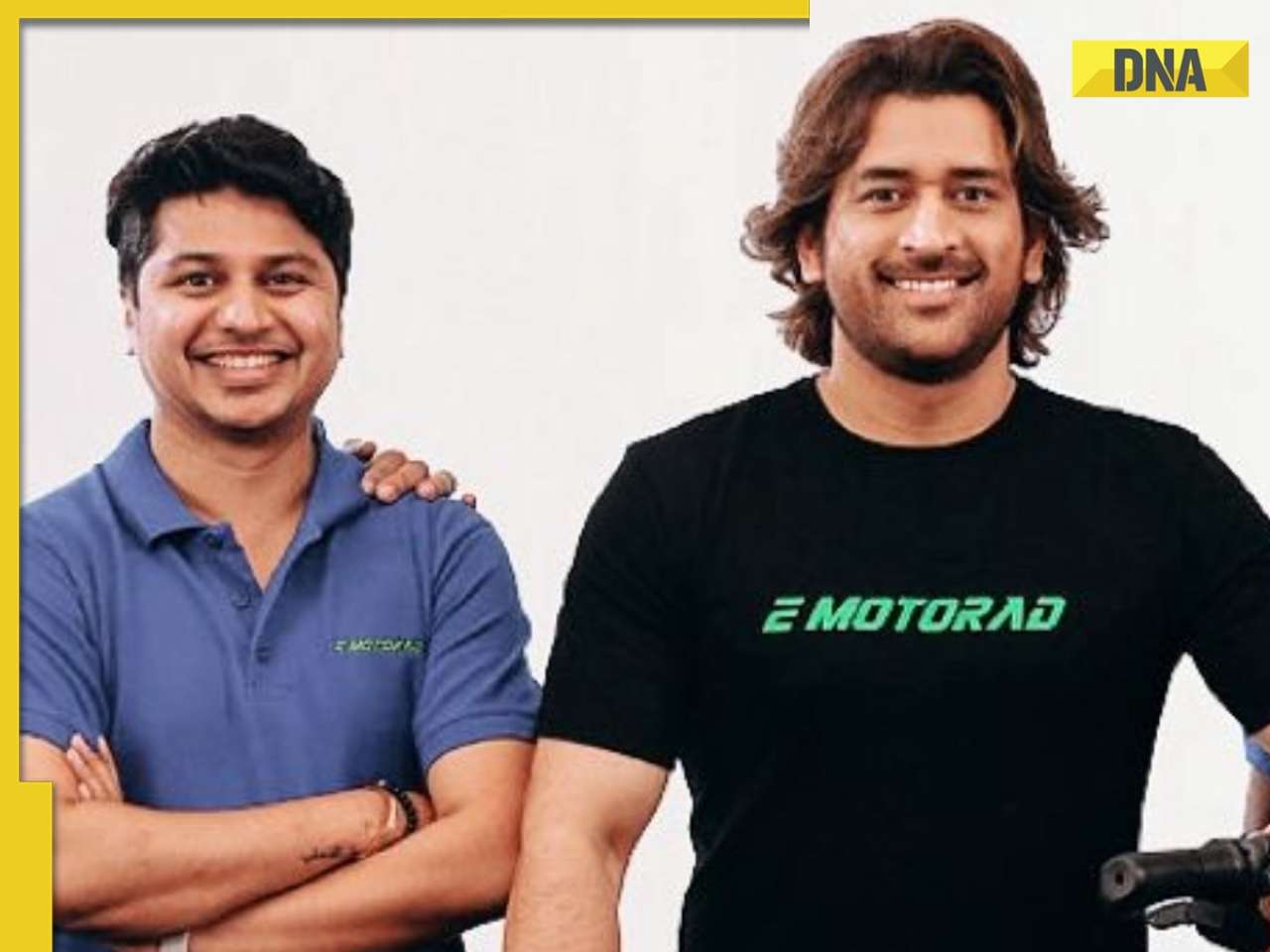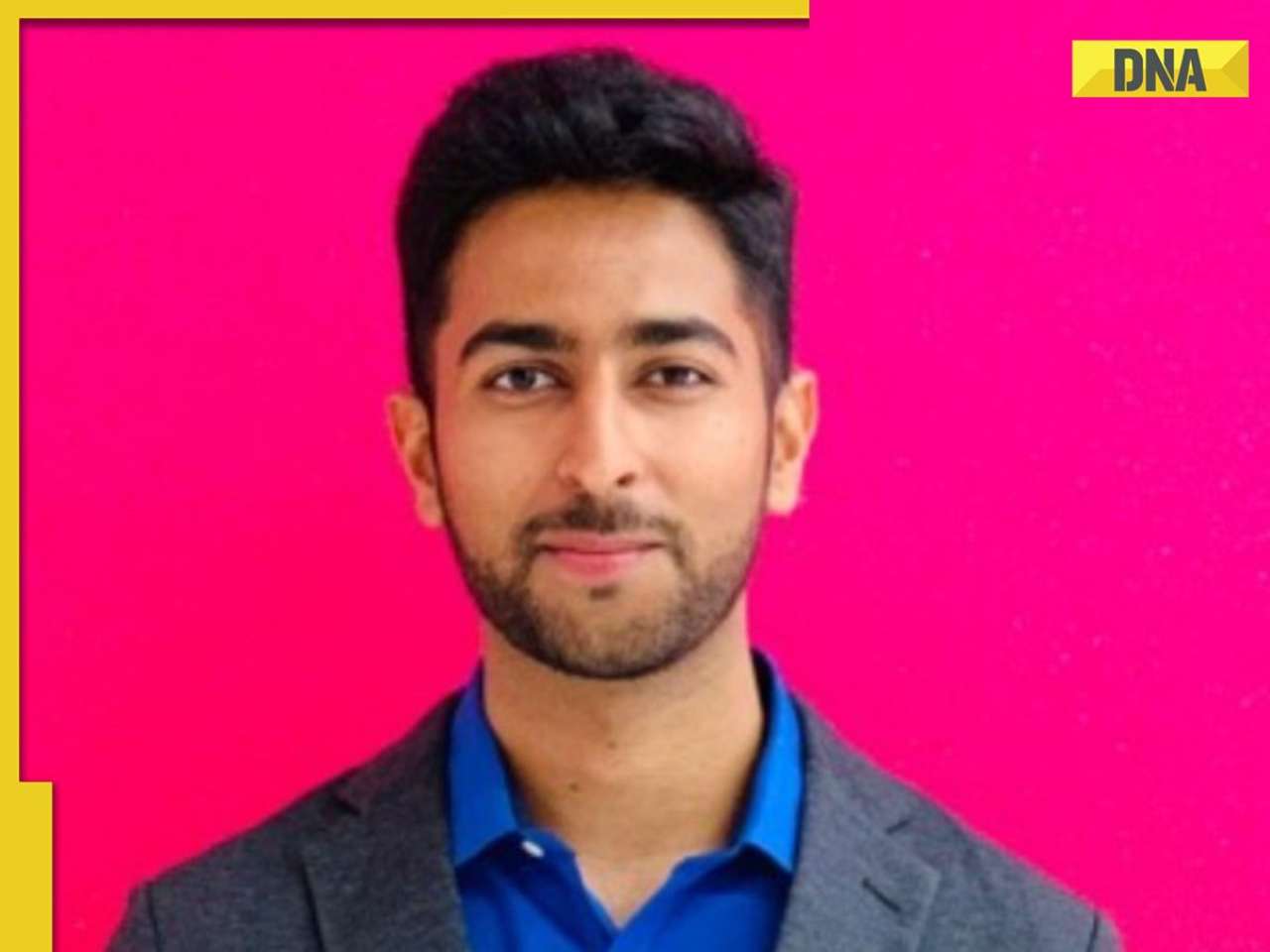An unsung hero, Kitto who passed away on Monday morning, was the last standing soldier keeping bebop alive in a country that has long forgotten the golden rhythms of jazz music
Once upon a time, Park Street in Kolkata was the epicentre of dance, music and good food. Big bands playing bebop and swing music, ladies twirling in beautiful long gowns, gentlemen smoking cigars and sipping on their wine glasses — the whole atmosphere was electric.
This was Kitto's world.
He began his music career in Chennai in the 1960s and moved to Kolkata a decade later, plucking at his guitar strings and belting out tunes in some of Park Street's most famous musical hubs — Mocambo, The Golden Slipper, Chowringhee Bar, Moulin Rouge, Blue Fox, and Trincas.
A hardcore bebop fan, Kitto, whom I had the honour to meet in person, told me, “Music is what comes from the heart. I love bebop and nothing else. I have played bebop for the longest time ever and consider it to be the most graceful form of music ever. It is catchy and full of fun.”
An aging man in his bow tie and smart suit, Kitto always stood out in the crowd. An unsung legend, he would bring alive the 1940s with his bebop techniques, making people sit up and want to listen to him.
Adrian D'Souza, a jazz drummer who just got off a flight from Vishakhapatnam and learnt of Kitto's death, said: “I have always heard of Kitto from Louiz Banks and Pam Crain. This man never used any effects. He would just plug in his guitar and play music that came from his soul. His very personality reflected in his music.”
Having played with some of the world's most famous jazz musicians such as Sonny Rollins, Clark Terry, David Leibman, Larry Coryell, Chico Freeman and Charlie Byrd, one would expect him to be snooty and high-handed. On the contrary, this legendary musician was down-to-earth and a very quiet person.
“He was a sea of knowledge and he had no attitude whatsoever. His death is like the passing of an era,” said Usha Uthup, who has played many a gig with Kitto. “I am always nervous before a show. But in spite of that performing on the stage with him was always exciting,” said Uthup, who broke down while remembering him. “Today is one of the saddest days. Kitto was the true guru of guitar and an amazing teacher. I still remember when we were going through the sheets of music for Hello Dolly, the musicians came and told me, “Didi this has to be Kitto's chords”… such was the authenticity of his chords.
Having played string jazz once for Queen Elizabeth in 1969 when she had come to India, the humble septuagenarian who lived in a scantily furnished dilapidated flat on Alimuddin Street, always remained true to his first love — bebop.
“Musicians tend to keep flitting from one form of music to another, but not Kitto. He loved bebop. He was very orthodox that way. He never wanted to play any other form of music. That kind of dedication is rare. Even big money was not lucrative enough for him to move to any other form of music,” said Isheeta Chakravarty, a jazz vocalist and a former student of Kitto.
As jazz music on the whole began to fade, Park Street became a shell of what it used to be. The wines, cigars and the dancing women in ball gowns and sparkling jewels began to fade away, leaving the slate white for a new form of music to make its mark. Hindi bands slowly began to make their presence felt and when fights broke out, the government imposed a 90% tax on all restaurants and bars. Kitto continued to play with a few other performers for private parties, till the tax was lifted with the help of Usha Uthup, Neil O'Brien and the American Consul General's wife. Kitto joined the Calcutta School of Music where he was allowed by the principal to conduct a few bebop concerts every year.
As Big Band days began to get numbered across Europe as well, what with the entrance of music that had a little more knee-jerk for youngsters, Kolkata too got sucked into the same vortex. But Kitto's performances, in spite of all the change, continued to remain unhindered. The death of the lone crusader, who defended the glorious history of jazz, marked the end of the golden days of bebop in the City of Joy.
![submenu-img]() MBOSE 12th Result 2024: HSSLC Meghalaya Board 12th result declared, direct link here
MBOSE 12th Result 2024: HSSLC Meghalaya Board 12th result declared, direct link here![submenu-img]() Apple iPhone 14 at ‘lowest price ever’ in Flipkart sale, available at just Rs 10499 after Rs 48500 discount
Apple iPhone 14 at ‘lowest price ever’ in Flipkart sale, available at just Rs 10499 after Rs 48500 discount![submenu-img]() Meet man who left high-paying job, built Rs 2000 crore business, moved to village due to…
Meet man who left high-paying job, built Rs 2000 crore business, moved to village due to…![submenu-img]() Meet star, who grew up poor, identity was kept hidden from public, thought about suicide; later became richest...
Meet star, who grew up poor, identity was kept hidden from public, thought about suicide; later became richest...![submenu-img]() Watch: Ranbir Kapoor recalls 'disturbing' memory from his childhood in throwback viral video, says 'I was four years...'
Watch: Ranbir Kapoor recalls 'disturbing' memory from his childhood in throwback viral video, says 'I was four years...'![submenu-img]() DNA Verified: Is CAA an anti-Muslim law? Centre terms news report as 'misleading'
DNA Verified: Is CAA an anti-Muslim law? Centre terms news report as 'misleading'![submenu-img]() DNA Verified: Lok Sabha Elections 2024 to be held on April 19? Know truth behind viral message
DNA Verified: Lok Sabha Elections 2024 to be held on April 19? Know truth behind viral message![submenu-img]() DNA Verified: Modi govt giving students free laptops under 'One Student One Laptop' scheme? Know truth here
DNA Verified: Modi govt giving students free laptops under 'One Student One Laptop' scheme? Know truth here![submenu-img]() DNA Verified: Shah Rukh Khan denies reports of his role in release of India's naval officers from Qatar
DNA Verified: Shah Rukh Khan denies reports of his role in release of India's naval officers from Qatar![submenu-img]() DNA Verified: Is govt providing Rs 1.6 lakh benefit to girls under PM Ladli Laxmi Yojana? Know truth
DNA Verified: Is govt providing Rs 1.6 lakh benefit to girls under PM Ladli Laxmi Yojana? Know truth![submenu-img]() Alia Bhatt wears elegant saree made by 163 people over 1965 hours to Met Gala 2024, fans call her ‘princess Jasmine’
Alia Bhatt wears elegant saree made by 163 people over 1965 hours to Met Gala 2024, fans call her ‘princess Jasmine’![submenu-img]() Jr NTR-Lakshmi Pranathi's 13th wedding anniversary: Here's how strangers became soulmates
Jr NTR-Lakshmi Pranathi's 13th wedding anniversary: Here's how strangers became soulmates![submenu-img]() Streaming This Week: Heeramandi, Shaitaan, Manjummel Boys, latest OTT releases to binge-watch
Streaming This Week: Heeramandi, Shaitaan, Manjummel Boys, latest OTT releases to binge-watch![submenu-img]() Remember Ayesha Kapur? Michelle from Black, here's how actress, nutrition coach, entrepreneur looks after 19 years
Remember Ayesha Kapur? Michelle from Black, here's how actress, nutrition coach, entrepreneur looks after 19 years![submenu-img]() Remember Heyy Babyy's cute 'Angel' Juanna Sanghvi? 20 year-old looks unrecognisable now, fans say 'her comeback will...'
Remember Heyy Babyy's cute 'Angel' Juanna Sanghvi? 20 year-old looks unrecognisable now, fans say 'her comeback will...'![submenu-img]() Haryana Political Crisis: Will 3 independent MLAs support withdrawal impact the present Nayab Saini led-BJP government?
Haryana Political Crisis: Will 3 independent MLAs support withdrawal impact the present Nayab Saini led-BJP government?![submenu-img]() DNA Explainer: Why Harvey Weinstein's rape conviction was overturned, will beleaguered Hollywood mogul get out of jail?
DNA Explainer: Why Harvey Weinstein's rape conviction was overturned, will beleaguered Hollywood mogul get out of jail?![submenu-img]() What is inheritance tax?
What is inheritance tax?![submenu-img]() DNA Explainer: What is cloud seeding which is blamed for wreaking havoc in Dubai?
DNA Explainer: What is cloud seeding which is blamed for wreaking havoc in Dubai?![submenu-img]() DNA Explainer: What is Israel's Arrow-3 defence system used to intercept Iran's missile attack?
DNA Explainer: What is Israel's Arrow-3 defence system used to intercept Iran's missile attack?![submenu-img]() Meet star, who grew up poor, identity was kept hidden from public, thought about suicide; later became richest...
Meet star, who grew up poor, identity was kept hidden from public, thought about suicide; later became richest...![submenu-img]() Watch: Ranbir Kapoor recalls 'disturbing' memory from his childhood in throwback viral video, says 'I was four years...'
Watch: Ranbir Kapoor recalls 'disturbing' memory from his childhood in throwback viral video, says 'I was four years...'![submenu-img]() This superstar was in love with Muslim actress, was about to marry her, relationship ruined after death threats from..
This superstar was in love with Muslim actress, was about to marry her, relationship ruined after death threats from..![submenu-img]() Meet Madhuri Dixit’s lookalike, who worked with Akshay Kumar, Govinda, quit films at peak of career, is married to…
Meet Madhuri Dixit’s lookalike, who worked with Akshay Kumar, Govinda, quit films at peak of career, is married to… ![submenu-img]() Meet former beauty queen who competed with Aishwarya, made debut with a superstar, quit acting to become monk, is now..
Meet former beauty queen who competed with Aishwarya, made debut with a superstar, quit acting to become monk, is now..![submenu-img]() IPL 2024: Jake Fraser-McGurk, Abishek Porel power DC to 20-run win over RR
IPL 2024: Jake Fraser-McGurk, Abishek Porel power DC to 20-run win over RR![submenu-img]() SRH vs LSG, IPL 2024: Predicted playing XI, live streaming details, weather and pitch report
SRH vs LSG, IPL 2024: Predicted playing XI, live streaming details, weather and pitch report![submenu-img]() IPL 2024: Here’s why CSK star MS Dhoni batted at No.9 against PBKS
IPL 2024: Here’s why CSK star MS Dhoni batted at No.9 against PBKS![submenu-img]() SRH vs LSG IPL 2024 Dream11 prediction: Fantasy cricket tips for Sunrisers Hyderabad vs Lucknow Super Giants
SRH vs LSG IPL 2024 Dream11 prediction: Fantasy cricket tips for Sunrisers Hyderabad vs Lucknow Super Giants![submenu-img]() Watch: Kuldeep Yadav, Yuzvendra Chahal team up for hilarious RR meme, video goes viral
Watch: Kuldeep Yadav, Yuzvendra Chahal team up for hilarious RR meme, video goes viral![submenu-img]() Not Alia Bhatt or Isha Ambani but this Indian CEO made heads turn at Met Gala 2024, she is from...
Not Alia Bhatt or Isha Ambani but this Indian CEO made heads turn at Met Gala 2024, she is from...![submenu-img]() Man makes Lord Hanuman co-litigant in plea, Delhi High Court asks him to pay Rs 100000…
Man makes Lord Hanuman co-litigant in plea, Delhi High Court asks him to pay Rs 100000…![submenu-img]() Four big dangerous asteroids coming toward Earth, but the good news is…
Four big dangerous asteroids coming toward Earth, but the good news is…![submenu-img]() Isha Ambani's Met Gala 2024 saree gown was created in over 10,000 hours, see pics
Isha Ambani's Met Gala 2024 saree gown was created in over 10,000 hours, see pics![submenu-img]() Indian-origin man says Apple CEO Tim Cook pushed him...
Indian-origin man says Apple CEO Tim Cook pushed him...






































)









)
)
)
)
)
)